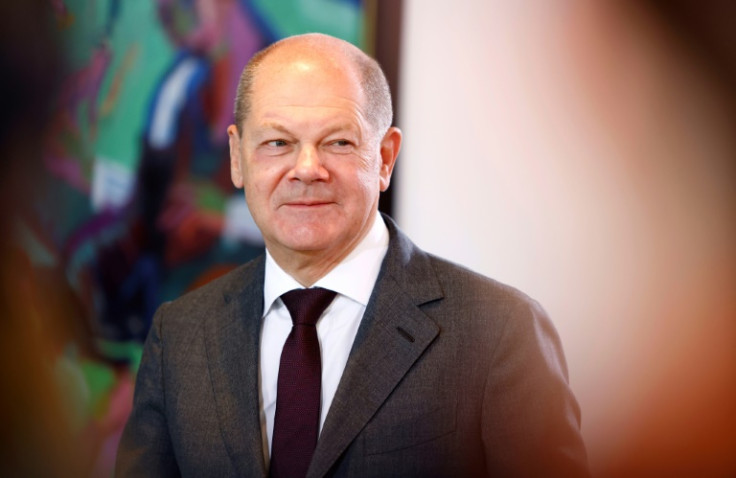Germany To Invest $4.37 Billion In African Green Energy Projects By 2030

Germany plans to invest 4 billion euros ($4.37 billion) in green energy projects in the African continent until 2030, Chancellor Olaf Scholz announced on Monday.
The agreement was made public on the sidelines of the G20 Compact with Africa Summit, a meeting organized with the goal of expanding private investment and public-private partnerships in African countries. The summit was first devised in 2017, when Germany last held the G20 presidency.
Scholz didn't detail any specific projects or countries involved in the newly pledged funding. In addition to representatives from the G20 members, the countries involved in the Compact with Africa Summit are Egypt, Ethiopia, Benin, Burkina Faso, Ivory Coast, Ghana, Guinea, the Democratic Republic of Congo, Morocco, Rwanda, Senegal, Togo and Tunisia.
"Africa is our partner of choice when it comes to intensifying our economic relationships and moving together towards a climate-neutral future," Scholz said in a statement on Monday.
African leaders expressed a desire not just for a future powered by green energy, but for a future free of excessive levels of debt. Sub-Saharan Africa's total public debt as a proportion of gross domestic product doubled between 2013 and 2022, according to the International Monetary Fund.
"The debt burden represents a yoke," Moussa Faki Mahamat, Chairperson of the African Union Commission, said alongside Scholz on Monday.
Azil Assoumani, Chair of the African Union, called on Germany to "support us for greater progress and prosperity in Africa and the whole world."
Chinese competition
Chinese investment and loans for infrastructure projects in Sub-Saharan Africa have surged recently under the Belt and Road Initiative. Chinese lending still represents a controlling share of the region's external financing.
African Union representatives acknowledged the obstacles facing rapid implementation of the $4.4 billion investment plan, particularly regarding German investing regulations.
"Improving governance, that's our responsibility, and therefore this shared vision could allow, I'm certain of it, for a large capital that could be invested in the continent," Faki Mahamat said.
For Germany, the Summit for Africa represents a further step in the country's quest towards energy security, which began after the Russian invasion of Ukraine in February 2022.
New partners have emerged over recent months, as German policymakers search for new, more diverse sources of energy. In October, Bloomberg reported that Germany is currently in talks with the Algerian government to construct a new green hydrogen pipeline from Northern Africa to Europe.
Germany reached a record level of renewable energy intensity in the first half of 2023, hitting 58% electrical generation combined from wind, solar, hydroelectric power and biofuels—up from 52% in 2022. Though the exact timeline of the proposed investment framework remains to be seen, the German government hopes to expand the diversity of its energy matrix going into the 2030s.
Germany's Federal Ministry for Economic Affairs and Energy did not immediately reply to a request for comment from International Business Times.
© Copyright IBTimes 2024. All rights reserved.












